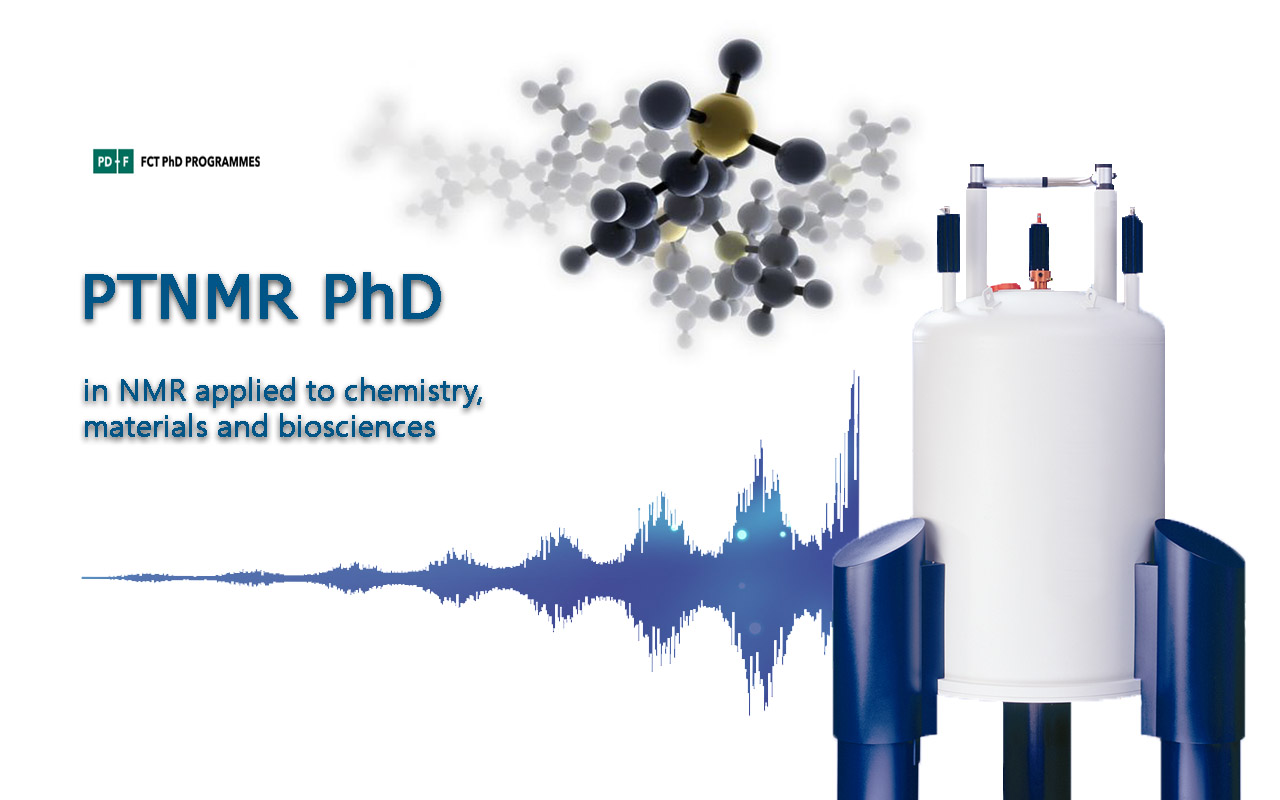Additional Research Project 1 (2019) - Details
Title: Probing the nano-structuring of ionic liquid based fluids using 129Xe NMR spectroscopy: towards structure-properties relationships.
Description: Ionic liquids are low temperature melting organic salts that can be synthetized with a large diversity of cations and anions, custom tailored at the molecular level to meet specific purposes. They are nanostructured fluids, displaying highly complex structures such as two/three continuous phases and different types of liquid crystals and micelles. Additionally, the solubilisation of substances, either ionic or molecular, including water, gives rise to a multitude of new possibilities in terms of structure and properties of the resulting fluid.
Xenon atoms are very sensitive to the local environment within its coordination shell due to their large and highly polarizable electron cloud. The high sensitivity of the 129Xe chemical shift to the molecular medium, makes this noble gas an excellent NMR probe. In recent work, we have demonstrated the potential of 129Xe NMR spectra to provide valuable information about the structure and phase transitions of ionic liquids. In addition, other NMR techniques such as pulse gradient spin echoes (PFGSE) can also be used to obtain information about the diffusion of xenon and other species in the media.
The systems under study will focus on fluids with potential theranostic (therapeutic + diagnostic) applications, such as nanoemulsions used as contrast agents in medical context. These involve ions, solutes with hydrogenated and fluorinated chains and water. The formation of aqueous biphasic systems is also envisaged. The excellent solubility of xenon in these systems will be advantageous. Other spectroscopies like FTIR, Raman and XPS will be used whenever necessary. Measurement of thermodynamic (density, phase equilibria, surface/interfacial tension), transport (viscosity) and rheological properties are also envisaged. Molecular Dynamics simulations will be performed extensively to provide a molecular level interpretation of the experimental results.

